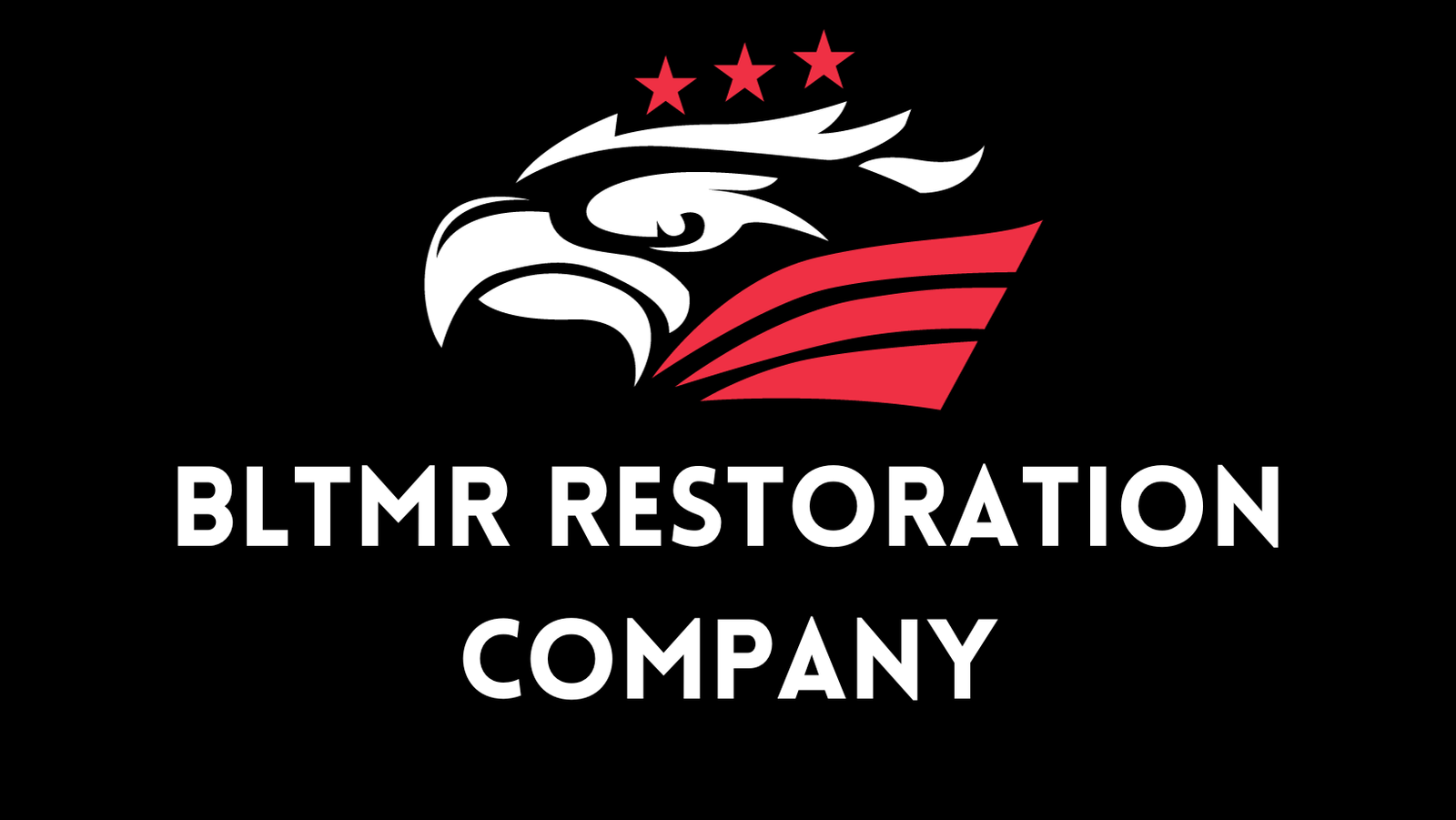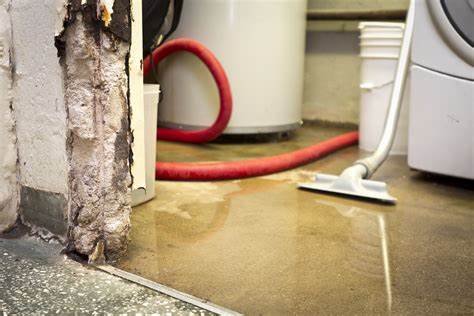Water damage can have a significant and adverse effect on property value. Whether it is from flooding, plumbing issues, or weather-related causes such as heavy rains and snowfall, water damage to any property can be costly for homeowners and landlords alike. This article will discuss the various ways in which water damage can impact property values, both short-term and long-term.
The first point of discussion will focus on how immediate repair costs following a water incident can affect the market value of a home or rental unit. Repairing extensive damages caused by water infiltration requires considerable time and money; further complicating matters are potential insurance claims that may need to be filed depending on the type of coverage held by the homeowner or landlord. In some cases, these expenses may significantly reduce the overall appraised value of a home or apartment building until repairs are complete.
Finally, this article will examine how ongoing maintenance costs related to persistent moisture problems associated with water intrusion may also contribute to reduced property values over an extended period of time. Factors such as mold growth due to lingering humidity levels, weakened structural foundations resulting from continual exposure to high moisture content environments, and pest infestations caused by excessive dampness are all possible risks that could potentially lower a property’s resale price if not addressed properly in a timely manner.
Common Sources Of Water Damage
Water damage is an unfortunate consequence of a variety of sources. It can occur due to flooding, plumbing issues, extreme weather conditions and faulty home maintenance. In all cases, water damage has the potential to create costly repairs and diminish property values.
The most common source of water damage is leaking or burst pipes. This type of water damage often occurs suddenly, resulting in extensive destruction to floors and walls as well as furniture and other items located within the area affected by the leak. Other plumbing fixtures such as toilets and showers may also lead to water damage if they are not properly maintained or have become blocked with sediment over time.
In addition to leaks from inside a building, external sources like heavy rains, floods or melting snow can cause significant amounts of water entering into a structure through roofing materials that are worn or damaged. Even brief exposure to moisture can result in rot on wood structures or rust on metal parts, causing further deterioration if unchecked for long periods of time.
Types Of Water Damage That Decrease A Home’S Value
Water damage is a serious issue that can cause significant decreases in property value. There are various types of water damage that can contribute to the devaluation of a home, including floods, burst pipes, and roof leaks. Floods occur when large amounts of water enter a house from an external source such as overflowing rivers or creeks near the property. Burst pipes occur when plumbing systems break down unexpectedly due to age or neglect, causing flooding both inside and outside of the house. Roof leaks are caused by damaged shingles allowing rainwater to penetrate into the walls and ceilings of homes. These three sources of water damage can lead to rot and mold growth within dwellings which further reduces the value of properties.
In addition to these structural issues, there may also be additional costs associated with restoring any affected areas back to livable standards or replacing items that have been permanently damaged by water exposure. This not only adds financial strain but also has potential impacts on insurance premiums and taxes for homeowners facing water damage repairs. Therefore, it is important for people involved in real estate transactions to become aware of any signs related to past or present water damage before committing financially to purchasing a property.
Risks Of Leaving Water Damage
Water damage can have a range of effects on property values. The financial impact is often the most significant, with repairs and restoration costs needed to bring the affected area back up to standard. In some cases, these costs may be prohibitively expensive if not addressed quickly or adequately enough. Moreover, even after repairs are made, water damage can result in decreased market value due to reduced aesthetic appeal and potential health risks associated with mold growth due to moisture levels remaining too high for an extended period.
On top of this, there may be legal ramifications for leaving water damage unresolved. Many local governments require homeowners to take care of any water-related issues as soon as possible, so failure to do so could lead to fines or even criminal charges in extreme circumstances. Additionally, failing to fix any structural damage resulting from flooding or other sources of water might void certain warranties on the home’s components such as electrical wiring or plumbing fixtures. As such, it is important for owners of properties suffering from water damage act swiftly in order mitigate the full extent of its impacts both financially and legally.
Water Damage Restoration Professionals
When it comes to water damage restoration, the assistance of a professional is highly recommended. A water damage restoration specialist will have extensive experience and knowledge in managing different types of issues that can arise from such an event. They will be able to assess the extent of the damage, identify potential risks and hazards, and provide advice on how best to proceed with restoring the property back to its original condition. Additionally, they can assist in providing financial estimates for repairs as well as offer guidance regarding insurance claims.
In addition to being knowledgeable in their field, these professionals should also possess great customer service skills in order to ensure clients feel comfortable throughout the process. The team must be available whenever needed and capable of responding quickly when an emergency arises. It is important that all members of a restoration team are prepared and experienced enough to handle large-scale projects while still maintaining a high level of attention to detail. Furthermore, they should maintain open communication with clients so they always stay informed about any progress or changes made during the project. Ultimately, working with qualified professionals who understand how water damage affects property value is essential for ensuring satisfactory results.
Conclusion
Water damage can have a significant impact on a property’s value. It is important to identify and address water damage quickly in order to prevent further degradation of the property. Common sources of water damage include pipe leaks, roofing issues, flooding, or poor drainage systems that cause standing water on the property. Different types of water damage will result in different levels of depreciation. Severe structural damage caused by long-term exposure to moisture may decrease the market value significantly upon discovery. Additionally, if left unaddressed for an extended period, mold growth may occur as well as pest infestations which can both lead to additional damages and devaluation.
In order to restore a property damaged by water, it is recommended to hire professionals experienced with this type of repair work. These specialists understand how to properly assess and mitigate any current problems related to the water source as well as provide guidance regarding future maintenance needs aimed at preventing similar occurrences from occurring again. Furthermore, they are equipped with state-of-the-art tools designed specifically for restoring properties affected by corrosion or deterioration due to excessive moisture buildup over time.
Considering all these factors, it is clear that addressing water damage promptly not only prevents further destruction but also helps maintain the overall value of one’s home or business premises. By utilizing proper techniques and professional services when dealing with such situations, individuals can ensure their investments remain safe and secure while protecting them from potential losses associated with leaving unresolved water damage unchecked.

